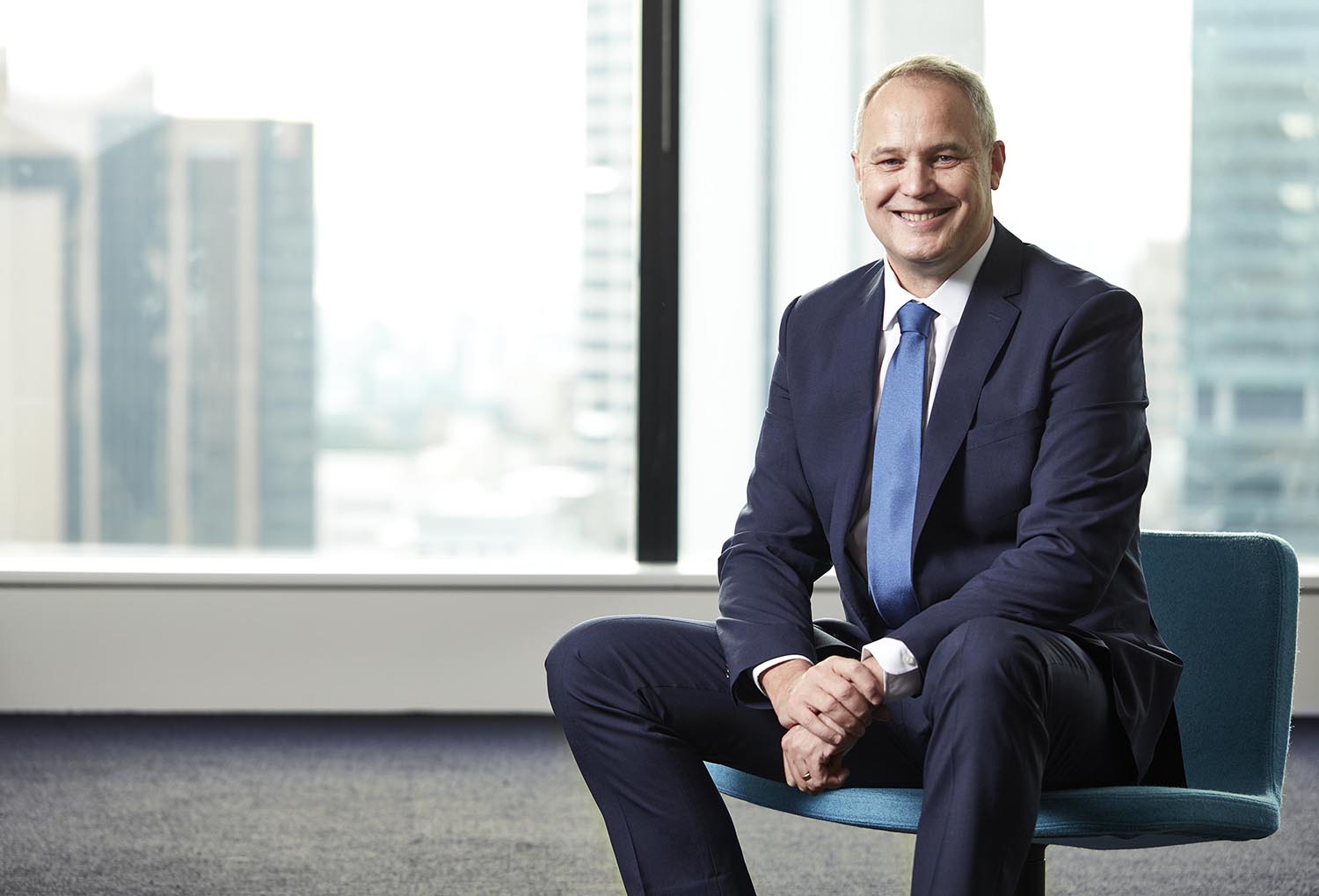“
The fact is, meeting the challenges of global urbanisation will not be achieved through regulation and process thinking. Great cities need great planners: ambitious professionals with a focus on outcomes and futures.
What are the attributes of a ‘great planner’?
Great planners have a balanced perspective, with an open mind to potential outcomes and different views. They possess an ability to see the bigger picture of what the desired outcomes are and why this is important. Importantly, a great planner isn’t afraid to challenge the status quo – they will positively challenge set positions and regulations if it will achieve a better outcome. Feeding into this, they are good communicators and know how to connect with people. Last but not least, great planners have persistence and a belief in enduring the challenges of implementing change.
Why do we need great planners for our cities?
Making great places – that is, sustainable environments supporting desirable living and working environments – doesn’t happen by chance. Great places are achieved by bringing together numerous stakeholders, under a common vision and commitment, to effectively resolve often competing and complex agendas. A United Kingdom study identified over 100 different skillsets/groups that feed into city-making projects. This includes residents, government agencies, technical specialists (engineers, designers, builders), investors, developers and more.
The fact is, meeting the challenges of global urbanisation will not be achieved through regulation and process thinking. Great cities need great planners: ambitious professionals with a focus on outcomes and futures. Planners are central to setting the vision and managing the processes that ensure optimal, sustainable outcomes are achieved. They’ve got the skill sets, the legislative support and the holistic perspective necessary to connect the various stakeholders and focus on delivering an acceptable common goal.
Why is it important for planners to step up and have the courage to lead?
All too often, planners devolve responsibilities to others – politicians, community, technicians, developers. They allow themselves to be reduced to process managers and regulators when their role as a planner calls for so much more. Planners must have the courage to lead and redefine their critical role in shaping our cities.
What do I mean by this? That planners should be prepared to speak up and advocate for what’s important, and ‘go the distance’ despite the ‘wickedness’ of many city planning challenges. The recognition of Graham Jahn as NSW Planner of the Year by PIA is a good example. Although he’s not strictly a Planner, Graham has set and stuck to clear goals to improve the economic, social and environmental quality of Sydney over the long term – you have to respect that.
As an employer of choice, how does Urbis encourage and prepare its employees, as planning professionals, to play that leading role?
At Urbis we support all of our people to develop specialist skills and interest areas, as well as developing leadership capacity, through ongoing programs. We encourage balance and broader perspectives, encouraging our people to become active in industry or other interest areas to broaden their connections and their understanding of the world around them. We also provide opportunities for our Planners to work collaboratively both with the varying specialist capabilities in Urbis and also as part of client or other consultant teams.
This article originally appeared in the latest edition of PIA E-News here
To find out more about our urban and strategic planning services please feel free to click here or contact us.

